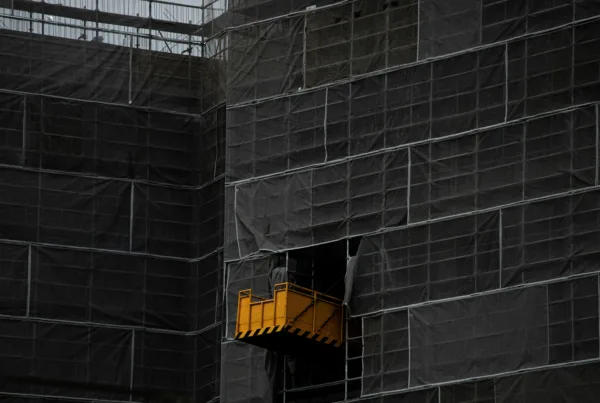On a daily basis, we face various types of capital allowance related questions. A common one being, do I need to submit an election? Whilst there is much to take into consideration when claiming capital allowances, the subject of s198 elections are a crucial component to consider, especially when selling the property, and a failure to do so could result in the loss of allowances for current and future owners of the commercial property.
In accordance with the Capital Allowances Act 2001 (CAA 2001), the current mechanism for agreement by the seller and buyer as to the apportionment of capital allowances for fixtures in a property interest being sold is an s198 or s199 election. The changes to the fixtures rules which were included in the 2012 Finance Bill mean elections will become mandatory for all property transactions going forward.
Taxpayers have two years from the date of the transaction to submit an s198 or s199 election. If an election is required and not submitted during the two-year window, the effects of the election will not be binding and HMRC could make an alternative assessment for tax purposes. This assessment will mean the tax liability will be higher as the allowances may not be taken into account. Ultimately, the allowances will be lost in perpetuity on that property.
The s198 or s199 election notice must be submitted to HMRC and completed correctly to be valid, or the whole exercise may become void.
In the past, CAA 2001 s198 (freehold) and CAA 2001 s199 (leasehold) elections have often been completed poorly with inaccurate information or with historical detail not being taken into account and sent to HMRC. However, under the new legislation, there are legal and commercial consequences if this continues, and can have a negative impact upon the property owner. HMRC can now reject the submission of an incorrect election or declare it invalid, often resulting in the loss of allowances, which is why many commercial property owners have missed out on these important tax refunds.
Given the negotiated nature of these agreements, it is highly likely that the seller and the buyer will want to reach a settlement on the value and contents of the s198 or s199 election as part of the sale process prior to completion for certainty, and at a time when the purchaser at least has more leverage. If the apportionment values cannot be agreed, then either party can, within the two-year period of the transaction, unilaterally refer the case to an independent tax tribunal for determination.
It is important to note that it is only possible for a valid s198 election to be made if the seller has actually claimed capital allowances during their ownership.
So from April 2014, sellers will need to pool their fixtures expenditure, unless they are prepared to risk the price of their property being chipped down in recognition that no allowances will be available. To avoid unnecessary costs, confusion, delays or jeopardising the whole transaction, sellers can collate all the relevant capital allowances information, with which we can use to liaise with their solicitor to ensure the position is included within the draft heads of terms for the sale of their property.
If you’d like more information on this matter and feel that you require specialist advice, please get in touch with a member of our team who will be happy to help you with any queries.
For more information read our post on the importance of CPSE 32



